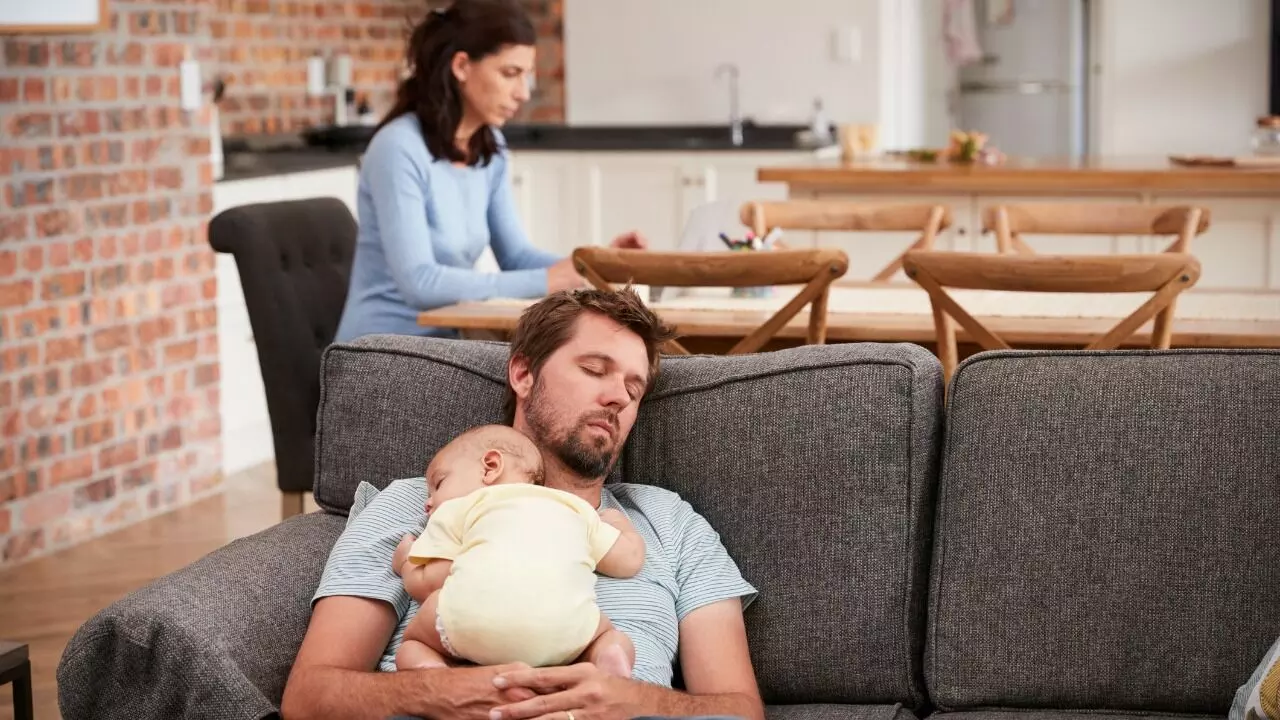- Home
- /
- Features/Spotlight
- /
- Australia shifting...
Australia shifting away from traditional parenting roles – survey

Data released from a government survey on Tuesday shows that more and more Australian employers are offering paid parental leave to both parents, indicating a gradual shift away from traditional parenting roles.
The 2020 and 2021 census data from the Workplace Gender Equality Agency (WGEA) shows that three of every five employers in Australia with more than 100 employees now offered paid parental leave regardless of gender.
WGEA Director Mary Wooldridge said the move would have far-reaching benefits for families and the community, citing literature that adequate parental leave improves outcomes for parents and their children.
"Employers can send an unequivocal message to their staff that they are valued and important for the future, and in return, employees will have increased job satisfaction, productivity and loyalty.''
Meanwhile, the change in workplace policy has indicated the beginning of a shift to dad's taking on the role as the primary career, and in spite of still being heavily outweighed by mothers, the number of fathers taking on the role nearly doubled from 2020 to 2021 from 6.5 to 12 per cent.
"Changing attitudes about the distribution of work at home and in the workplace is a key driver for achieving gender equality.''
"Now, it's time for dads to take it up and make the most of this opportunity,'' said Wooldridge.
One Australian man who has taken up such an opportunity is Tristan, 33, who lives in Sydney's west and stays at home looking after his two daughters while his wife works.
He told Xinhua that with his wife on a higher salary and the high childcare cost, their decision to have him stay at home after paternity leave was first an economic one.
Meanwhile, in spite of having the benefit of plenty of time with his kids he said he also struggles with the stigmatisation of being a man in a role traditionally reserved for women.
"I spend every waking moment looking after my kids. As a result, people don't take your work seriously, 'why do you need a break, you don't work','' he said.
This also has impacted the people he can interact with as support networks for stay-at-home parents are dominated by women, who often are reluctant to accept him into their groups.
"I would love to see more men taking up the cause…I think if you can get past your ego, and put others first it's kind of the best thing in the world.''



